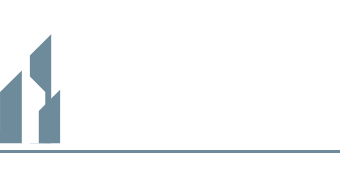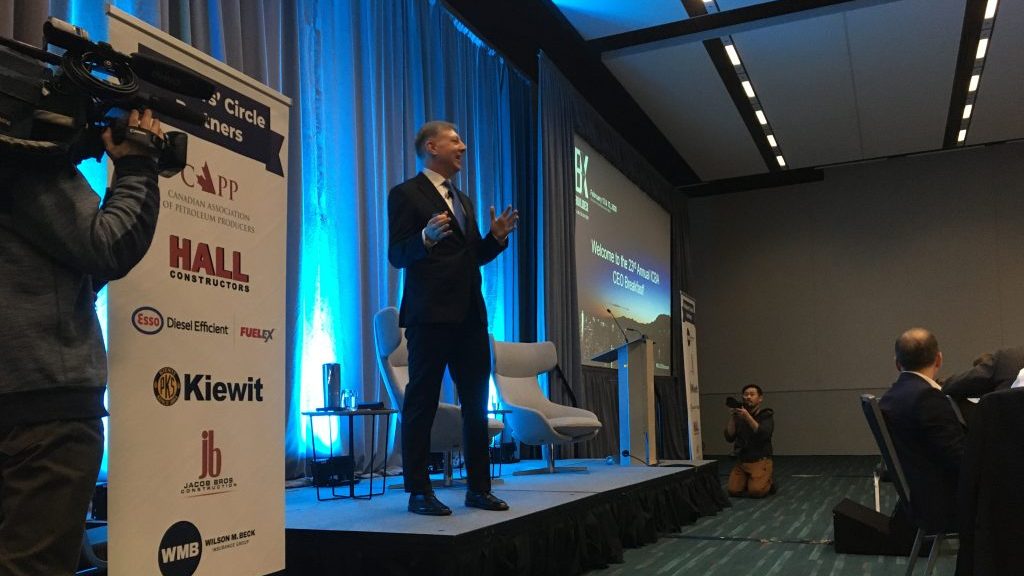By Chris Gardner, President, Independent Contractors and Businesses Association
With the construction industry facing an unprecedented labour shortage and supply chain pressures, the provincial government has seen fit to make it even harder for people to enter the trades.
Bill 4, recently introduced in the Legislature, renames the regulatory body that oversees apprentices in B.C. from the “Industry Training Authority” to “SkilledTradesBC”. It’s a name change that will cost taxpayers significant dollars in rebranding, but won’t add a single new apprentice or new training space at any of our trades or technical colleges.
The rest of Bill 4 sets B.C. on the path of “compulsory” trades – a system that will make it more difficult for young people to start a career in the trades, all in the name of improved quality and safety. It all sounds great, but the devil really is in the details of this misguided change in policy.
Simply put, Bill 4 is wrong-headed and it won’t work.
B.C.’s trades training system is overwhelmed – there simply is not enough training spaces to meet demand. So much so, that the wait lists to get into classes are generally a year, and sometimes two or three years. The result is that it can take nearly a decade for an apprentice to complete a red seal designation and get their ticket. It’s a breathtaking breakdown of our trades training system.
What’s the point of compelling young people entering construction trades to register as an apprentice if by doing so they are condemned to years of wait lists to get their designation? It is simple math – to increase the number of Red Seal tradespeople, we need to invest in more training spaces.
We also need more modernized training delivery models. Using technology to deliver some components of trades training will also help deal with another chronic challenge – for many trades, there is only one school offering courses and it’s located in the Lower Mainland. Not great if you are a young construction worker living on Vancouver Island, in the North, or in the Interior.
The sad part of this saga is that construction contractors have been clear on what needs to be done, but as is typical of government, once a “we know best” mentality sets in, the dialogue stops and the lecturing starts.
The Independent Contractors and Businesses Association (ICBA) is the single-largest sponsor of trades apprentices in B.C. Further, ICBA’s open shop members sponsor 82% of all trades apprentices in B.C.
We know what prevents young people from seeking their Red Seal designation and it’s not a Crown agency’s name – it’s lack of spaces and the absence of modern training delivery options. Yet the ideas and new approaches to training embraced by contractors doing all of the heavy lifting when it comes to trades training have been ignored.
Bill 4 offers no new training spaces, no training schools outside the Lower Mainland, and no new delivery models.
To make matters worse, the government is mandating the ratio of how many apprentices can be supervised and trained by a ticketed tradesperson on a job site. The government will spend millions of dollars hiring new inspectors to visit job sites with enforcement powers, looking to penalize contractors not abiding by ratios that make no sense on a job site. This is the kind of mind-numbing bureaucracy that adds confusion, complexity, and cost. How about this novel approach to the trades training challenge in B.C.: hire instructors, not inspectors?
The cascading effect of all the red tape associated with new rules and regulations like these significantly erodes affordability by slowing the number of people entering the construction workforce and making it more expensive to build homes and infrastructure.
Government should be encouraging young people to enter the trades by investing in new training spaces, enhancing how training is delivered, and giving flexibility and choice to contractors and workers.
The modern workforce is changing fast, yet Victoria wants to turn back the clock to a bygone era of a one-size-fits-all approach for trades training and at a very steep cost to workers and taxpayers.
The real answers are out there if the government will simply listen and learn.


